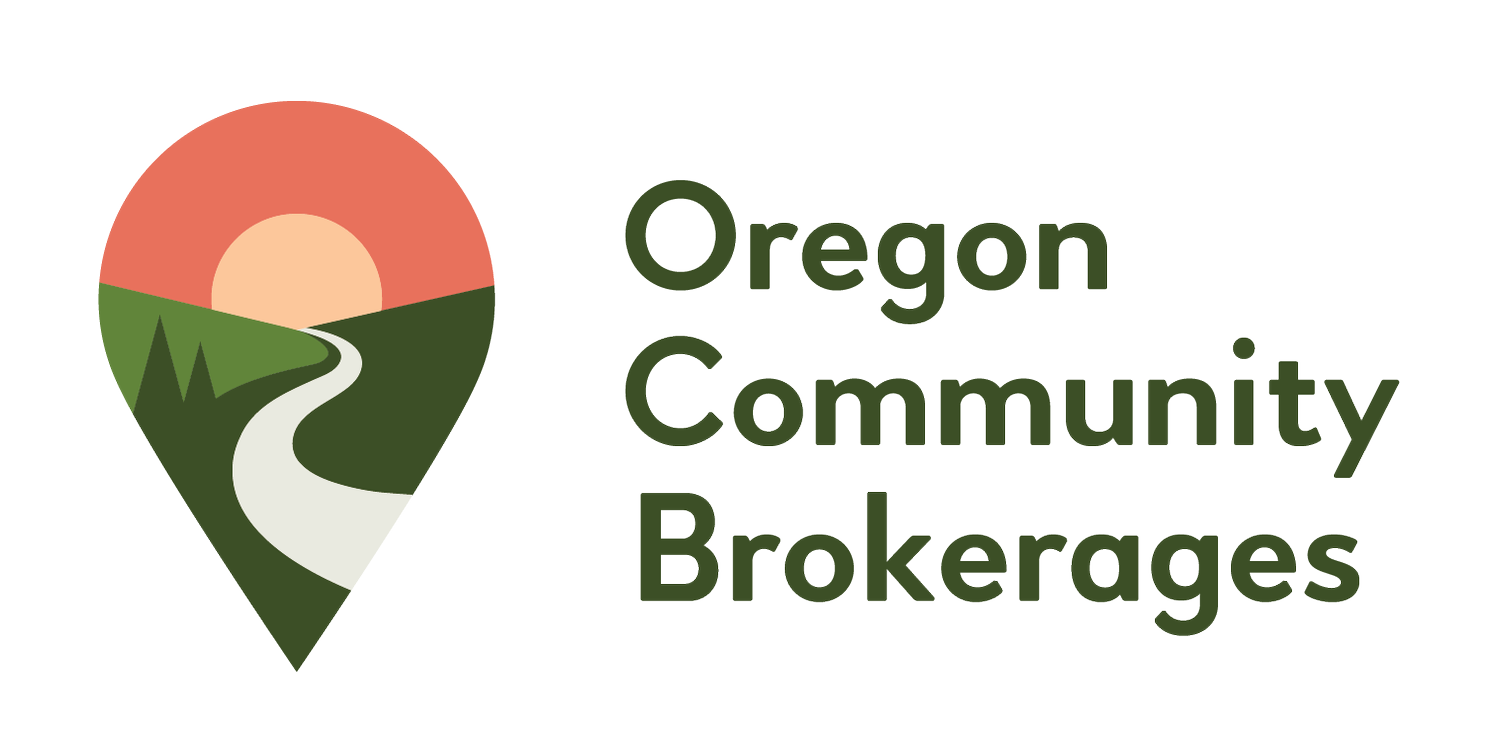2019 Legislative Session Ends
The 2019 Oregon Legislative formally adjourned yesterday, in what is called Sine Die. As many have probably followed in the news, the Republican Senators who walked out of session for several days in June returned to work this weekend. Though the environment was rife with unresolved conflict, both chambers put their heads down and passed the agency budget bills and a select few others.
SB 274, which would have opened case management services through a Brokerage as an option for people age 14-17, was not on the “select few” list. SB 274 received unanimous support from the policy committee it worked through, and broad support from the Ways and Means committees to which it was referred. It also passed the Senate vote with approval by all but one attending senator. After this, SB 274 was flagged by Legislative Counsel as being in conflict with SB 20, which was already signed into law. SB 20 changes statute to say that Brokerages provide “supports services,” and SB 274 says that we provide “support services for people aged 14 and over.” It is possible that they could have amended and reconsidered the bill with more time, but with the massive back-up created by high-profile events at the end of session, there was simply not time.
The Oregon Support Services Association is sad to see SB 274 come so close, without passing. However, that does not diminish the incredible work of the Developmental Disabilities community and our legislative sponsors to support this bill, the idea behind which will continue to thrive. Thank you to chief sponsor Senator James Manning Jr. (North Eugene, West Eugene, Santa Clara, and Junction City), and co-sponsors Representative Rob Nosse (Portland) and Senator Laurie Monnes Anderson (Gresham). Thank you to the Oregon Self Advocacy Coalition, to the Oregon DD Coalition, to the Oregon Trial Lawyers Association for their testimony in support of the bill, and to our many, many other supporters. We shift our focus to what we have gained this session:
We came out of this session no longer limited to providing services to adults, and with a stronger statutory presence as case management providers, both thanks to amendments made to SB 20.
We had broad stakeholder support and community excitement at the prospect of offering Brokerage services to a younger group. This idea lives on, and will continue to be a part of conversations to come about case management improvements in Oregon.
Our community successfully advocated for the largest increase to case management funding in quite some time—from $103m for the 17-19 biennium to $124m coming in 19-21. While this still falls $10m short of funding case management at current service levels, it is a sizable investment.
Agencies that provide direct services and the Direct Support Professionals they employ will see a combined $30m gain in funding. As with case management, this does not cover the entirety of the need, but it is a significant step toward stabilizing this service sector in Oregon, upon which so many people rely.
This has been a very difficult and eventful session. You’ve seen the headlines from start to finish—sexual harassment, bitter partisan divides, leadership conflict, the passing of long-term public servant Senator Jackie Winters, and two volatile walk-outs. Despite all of this, the developmental disabilities community has persevered and worked with so many incredibly dedicated legislators to find much-needed additional funds, and pass improvements to law. Thank you to everyone who works to make lives better for Oregonians with developmental disabilities!
